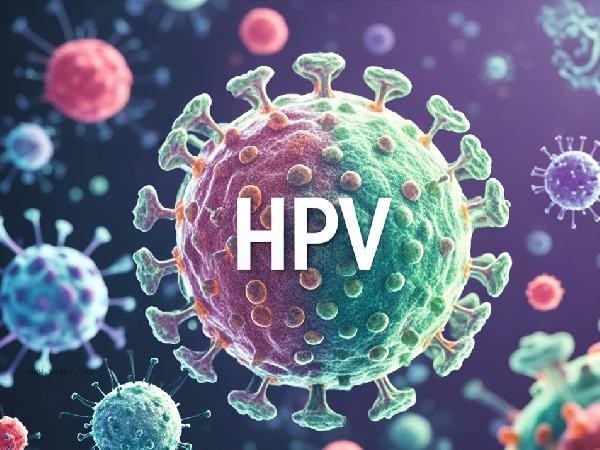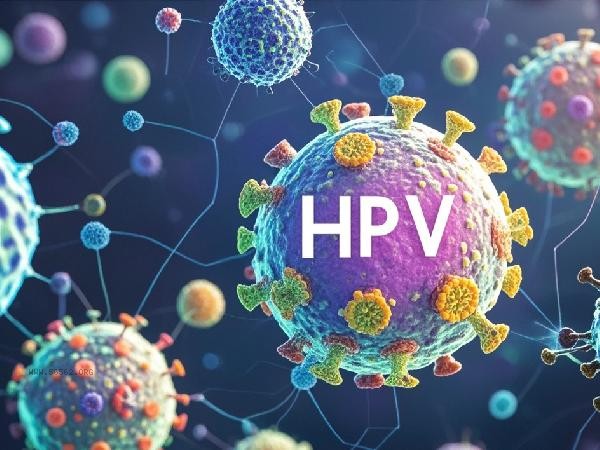Sexual partners may still be infected with HPV. HPV is mainly transmitted through sexual contact, but can also be transmitted through skin and mucous membranes. The probability of infection from a single sexual partner is low, but not completely risk-free. Even if maintaining a single sexual partner relationship, there is still a possibility of infection if the partner carries the HPV virus. The incubation period of HPV virus is relatively long, and some infected individuals may have no obvious symptoms, leading to the transmission of the virus without knowledge. Condoms can reduce the risk of infection, but cannot completely block the spread of the virus, as the virus may exist in the skin area not covered by the condom. Regular gynecological examinations can help detect infections early and intervene promptly. In rare cases, HPV can be transmitted through non sexual contact, such as sharing personal items such as towels or towels, or through vertical transmission from mother to child. There is also a very low probability of indirect transmission risk in public places such as swimming pools and bathrooms. People with low immune function are more prone to persistent infections. It is recommended to enhance immunity by receiving HPV vaccines and maintaining a healthy lifestyle.

Comprehensive measures need to be taken to prevent HPV infection, including vaccination, regular screening, and maintaining a single healthy sexual relationship. Even if the sexual partner is fixed, it is recommended that eligible women undergo regular cervical cancer screening, and men can pay attention to abnormal symptoms such as genital warts. Maintaining good personal hygiene, avoiding sharing personal items, and enhancing the body's immunity can all help reduce the risk of infection. If abnormal symptoms are found, seek medical attention promptly and have a professional doctor evaluate and handle them.










Comments (0)
Leave a Comment
No comments yet
Be the first to share your thoughts!